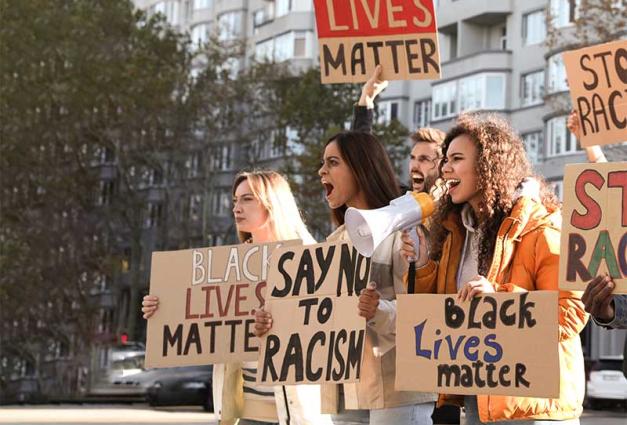Imagine you are a teacher at a public middle school. You are in your classroom preparing for the first day of school. You are looking through your roster and notice the name of one particular student, and you remember hearing about him last semester from another teacher. Specifically, the teacher would often say that the student had a negative demeanor, came unprepared to class, did not get along with the other students, did not follow directions, and ultimately received a poor grade in her class.
Now fast forward to the middle of the semester. The student with the bad reputation comes late to class, is not complying with instructions, and creates various distractions for the other students during the midterm exam.
Three days later, the student misbehaves again. The student with the bad reputation is upset because you "bother" him when he "wants to sit quietly and do nothing." He says that you should just leave him alone, so you decide to give him reading assignments and busy work. He doesn't do any of the work you give him and he calls you "crazy."
You now have to write up a report about his behavior. Do you write that this student is a troublemaker? To what extent would you be willing to recommend that he receive detention for two days? How easy is it for you to see the student getting suspended further down the road?
Now, do you think that your report would be different if the student did not have the pre-existing bad reputation? What about the race of the student?
We like to think of ourselves as egalitarian and that we would not be impacted by the student's race when making decisions about them. Rather, we may feel that we will only be impacted by the facts about them. However, our research says something different.
In our study, active K-12 teachers read similar scenarios about current misbehavior. But for some teachers the student had a previous bad reputation (unprepared, did not get along with other students, did not follow instructions, had a negative demeanor, received a poor grade in the class) and for some the student had a previous good reputation (helpful in class, enjoyed learning, helpful to other students, received an excellent grade in the class). In addition, for some of the teachers, the student was White, Greg, while for some the student was Black, Darnell. Our question was: If prior reputation affects discipline outcomes, will the effect be the same for the White and the Black student?
Having a bad versus good reputation did matter for discipline outcomes, but only for White students. The White student with a bad reputation was disciplined more harshly than a White student with a good reputation. However, we did not observe the same effect for Black students. In fact, Black students were disciplined harshly regardless of their previous good or bad reputation. In comparing all of our groups, the White student with a bad reputation was disciplined similarly to a Black student with a good or bad reputation. The White student with a good reputation received a buffer that lessened their discipline severity.
These findings are important because they highlight how unconscious biases impact the disciplining of Black students. If all was equitable, we would expect an effect of reputation regardless of race. Unfortunately, the Black students were viewed more negatively and were not benefited or buffered, as the White students were, by a good reputation.
This finding is in line with previous work where we see Black students being disciplined more severely, for the same misbehaviors, compared to White students. In the real world this has a profound impact on the trajectory for Black students and is where the "school to prison" pipeline begins, which leads to the systemic mass incarceration of Black bodies. A pressing goal is for us to reduce racial disparities in discipline in the K-12 system and move towards equity for Black students so that they may be afforded the same privileges as their White counterparts.
For Further Reading
Alexander, M. (2012). The new Jim Crow: Mass incarceration in the age of colorblindness. The New Press.
Okonofua, J. A., Perez, A. D., & Darling-Hammond, S. (2020). When policy and psychology meet: Mitigating the consequences of bias in schools. Science advances, 6(42), eaba9479. https://doi.org/10.1126/sciadv.aba9479
Perez, A. D., & Okonofua, J. A. (2022). The good and bad of a reputation: Race and punishment in K-12 schools. Journal of Experimental Social Psychology, 100, 104287. https://doi.org/10.1016/j.jesp.2022.104287
Amanda D. Perez is a postdoctoral researcher at UC Berkeley's School of Public Health with an affiliation with UC Berkeley's Department of Psychology. She studies social determinants of health in minoritized populations.




